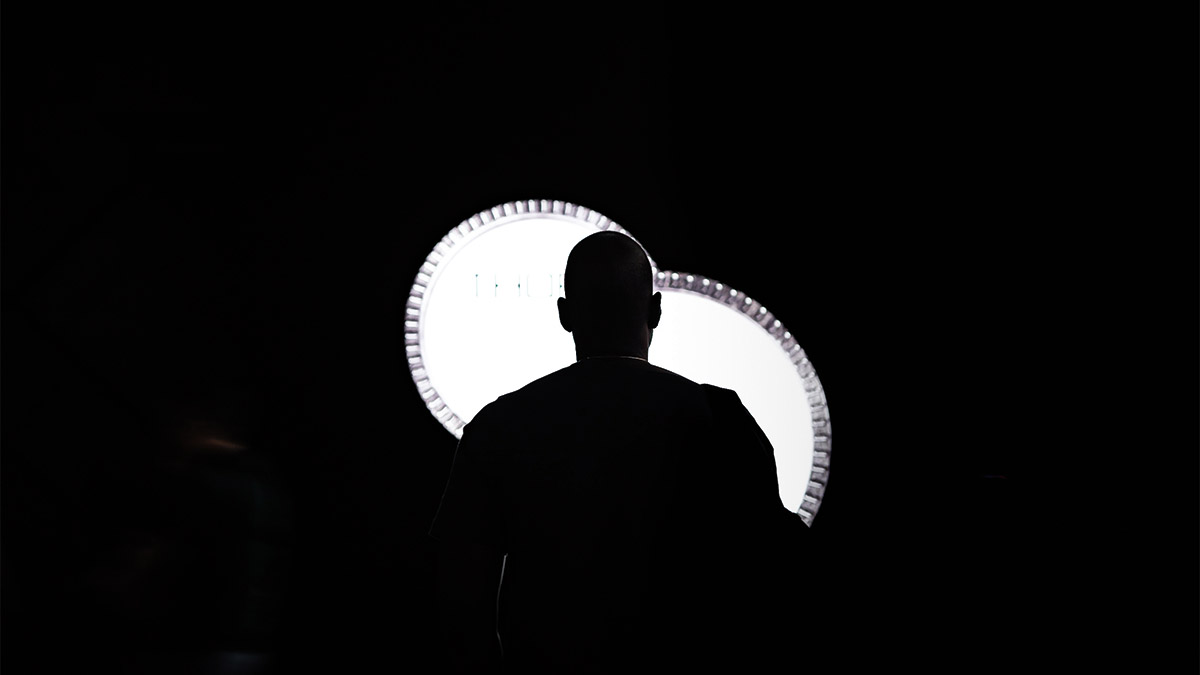Who wants the Negro? What does the Negro need? I grew up listening to all these questions. I don’t recall my mother and father dropping sleep over them; they have been busy putting meals on the desk in order that I might eat.
Black intellectuals have at all times wrestled with the riddle of survive in the USA. Consider W. E. B. Du Bois wrestling along with his double consciousness—American and Black. Then there was Malcolm X who discarded his slave title, and Carter G. Woodson who centered Black historical past. We are able to spend whole lifetimes questioning, how can we deal with not simply segregation and prejudice however heartbreak and the blues? How can we perceive what typically renders us invisible to others?
Altering narratives about race in our nation requires a brand new vocabulary. As a poet and a creative-nonfiction author, I exploit my creativeness and the fluidity of language to look at issues critically from totally different views. I typically use humor, which is usually a device to dismantle the established order and elevate the veil of oppression.
I interviewed novelist and Buddhist Charles Johnson virtually day by day for a whole 12 months. Our dialogue resulted in The Wit and Knowledge of Charles Johnson, a 672-page guide. Often throughout our electronic mail correspondence, Charles would grow to be upset with me for not being severe about philosophical issues or what I considered because the deep and heavy blues.
I felt a want at times to be Eshu, the trickster discovered within the Yoruba faith, the one you would possibly discover close to the crossroads speaking with the guitar-playing singer Robert Johnson. I started to riff off of Charles Johnson’s Buddhist beliefs, together with writing humorous riddles about race in my emails. I name them “Race Koans.”
A Race Koan is a commentary on a Black matter or idea designed or requested solely to ponder. There is no such thing as a reply, solely an encouragement to succeed in the next stage of racial consciousness. Name it a Black particular person’s nirvana with out cultural or political chains.
Two of my Race Koans are within the anthology Of Poetry & Protest: From Emmett Until to Trayvon Martin, edited by Philip Cushway and Michael Warr. Race Koan #1 in my poem, “The ten Race Koans as offered to Charles Johnson on the morning of July 13, 2008” asks a historic query:
Why is the cotton white what
And the palms black?
Race Koan #8 has some humor
and sarcasm:
When Du Bois referred to as Garvey
“a Negro with a hat,”
What was he carrying?
When occupied with author June Jordan’s line “issues that I do at the hours of darkness,” which describes her poems and the way they attain out to the reader, I wrote Race Koan #5:
Is sitting at the hours of darkness
One of the best ways to rejoice
Blackness?
The Race Koan condenses the Black expertise right down to a query that’s offered with out the expectation of a solution. It isn’t an afterthought fortune cookie; as a substitute, the Race Koan is language to go regular with. It may be used as an appetizer to 1’s creativity.
It may well additionally assist an individual navigate the trauma created by race relations. The Race Koan is a option to perceive the thorns that cling to race issues. You’ll be able to hear and really feel the blues contained in them, a resilience that reminds every technology that they need to grasp what author Amiri Baraka referred to as “the altering identical.”
The Race Koan helps with public thought, to maneuver us past logical reasoning and the acceptance of issues as they’re or seem like.
Black is gorgeous when it turns into Enlightenment.


